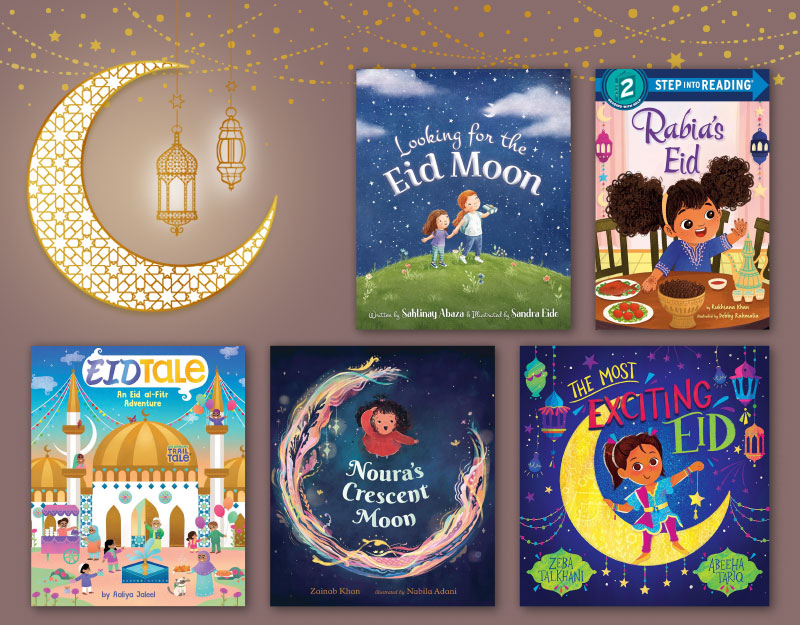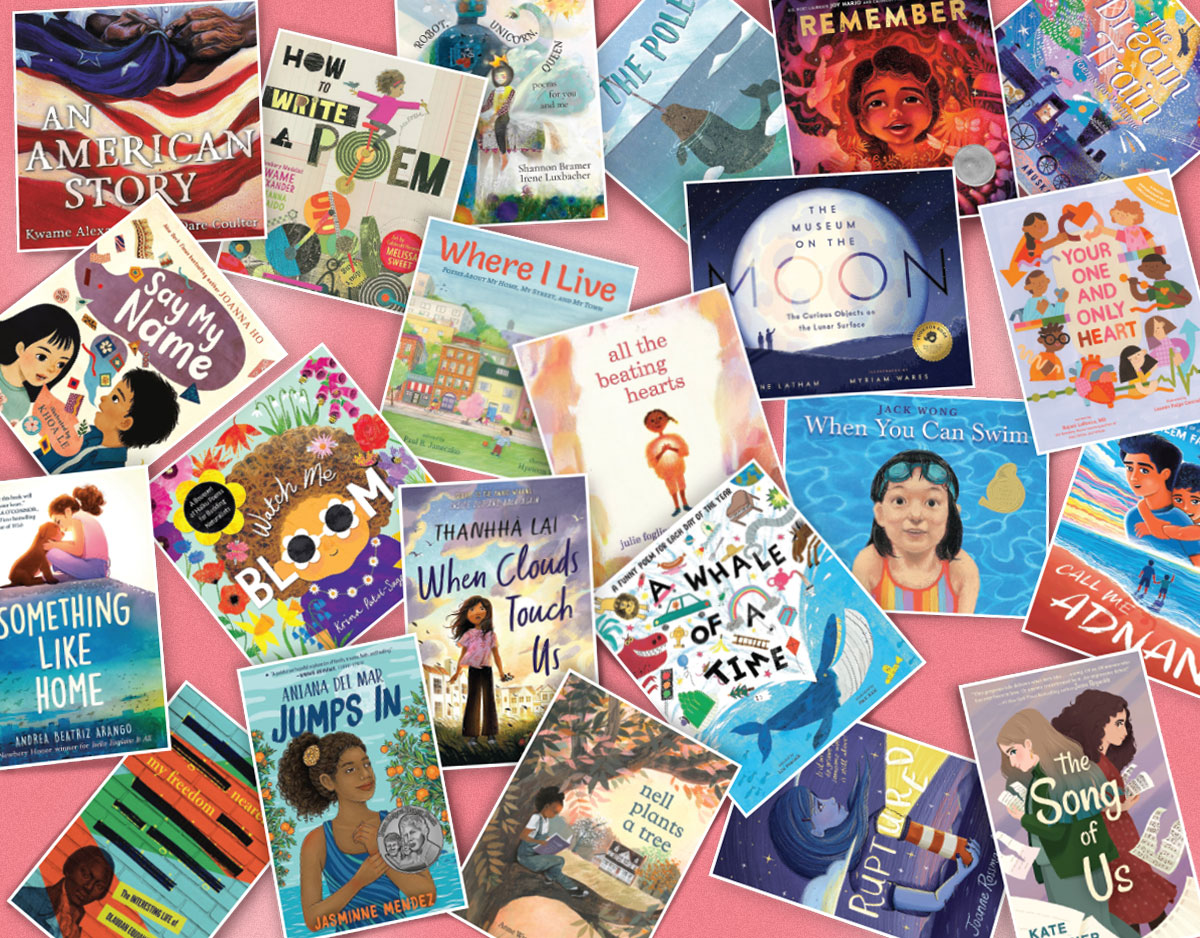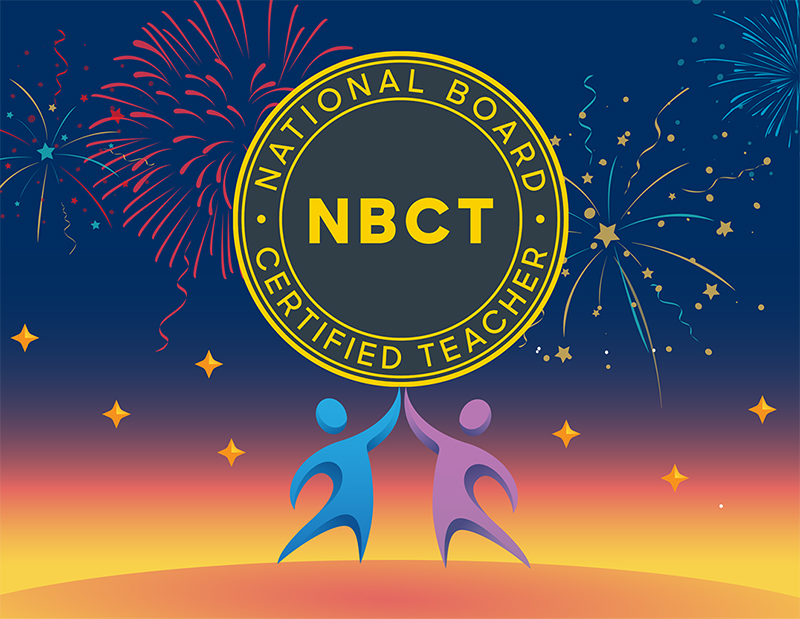SCROLL DOWN TO READ THE POST
Are we there yet?

I was asked to keynote for #njpaetec2 this past weekend.
It’s not so unusual for me to speak at a local conference. But conference organizer Barry Saide did not want me to talk about libraries or inquiry or social media curation or app smashing or the importance of online communities of practice.
He wanted me to talk about gender, a theme I hardly ever write or talk about formally.
I’ve always considered myself a feminist. I led my high school classmates out of the building in protest because we were not allowed to wear pants back in 1970. The women of the first wave were serious role models for me. I read, and was inspired by, second wave feminist literature. On my college campuses, I attended consciousness-raising sessions, attended the lectures of feminist speakers, joined the Women’s Center and was active in Women Organized Against Rape.
ADVERTISEMENT
ADVERTISEMENT
I am acutely aware of the serious and life and death struggles of women around our world, and I thought perhaps the work here was done.
And then I started piecing together a curious cultural puzzle and questions we were not talking about around the faculty lunchroom.
I remembered how important it was to my high school girls, and several of their male friends, that we launch a feminist club to address what they were just beginning to label slut shaming. how they wanted to discuss feminist blogs and the gender issues they saw in school and beyond. I remembered how important it was for both our straight and gay students that we create a safe space in our Gay Straight Alliance.
Recently, I watched and cringed as male political candidates mansplained or manterrupted female candidates and journalists. Journalists themselves are not sure how to respond to/write about/describe female candidates. (See this guide on gender neutral writing from the Women’s Media Center.)
School dress codes currently questioned for forcing girls to adjust to male inability to exercise control and for victim-blaming girls. Stories emerging of rape culture at elite boarding schools suggest that these few incidents may be the just tip of the iceberg. 
According to several studies, despite our efforts, girls may enroll in STEM courses but they are not always enjoying them or pursuing STEM-related careers. Across age groups, studies observe a leaky pipeline. Read the sobering statistics from the National Center for Women in IT.
Do women still face issues relating to edtech? Is this a thing?
I scanned the literature. I re-read Sheryl Sandberg’s Lean In. I was moved by and I identified with Anne-Marie Slaughter’s article in The Atlantic, urging us to stop accepting male choices and male behaviors as the default and the ideal and bending career tracks to accommodate our choices too.
And, I checked in with many of the smartest women I know, asking them to weigh in on any of these prompts:
- Have you ever felt silenced or ignored because of your gender? Have you always been welcome at the table?
- Have you ever had to cope with or move beyond imposter syndrome? (Have you passed on opportunities because you felt you weren’t worthy?)
- Have your aspirations ever been challenged within a school culture? Have you ever been dissuaded from leadership? How did you respond?
- In your experience, have the women around you supported each other or held each other back? Could you have done more to promote women in your school community?
- How have you mentored/empowered other women?
- In what ways, if any, has your life as a mother impacted your life as an educator?
- Do you believe men and women have equal opportunity in the world of education? How can men and women work to make schools more equal workplaces?
- How have you leaned-in?
- What advice would you give your younger self?
ADVERTISEMENT
ADVERTISEMENT
You can see their responses on this Flipgrid. I used this corresponding Peardeck to poll the audience on their reactions/responses to those videos, to see how universal the experiences were.
So what happened at the conference? I was legitimately concerned about finishing in the time allotted, given all I collected. And I was concerned that my digging and poking yielded more questions than answers. But the organizers told me to take my time.
I presented the talk as unfinished research, suggesting that I’d developed the research question, presented background, shared a lit review and collected raw data in the form of interviews. Their own responses to my questions generated additional data. The task in our feedback session and when they returned to school, was to analyze the data, consider what the implication
s were and solutions might be for their local context. Here’s my slidedeck.
I did not get to each of my polls. Every question I asked hit a nerve. The audience was not content to see the bar charts fill or simply watch their stream of open-ended responses. People wanted to talk. They wanted to discuss the culture of their schools, their experiences as women in edtech, their observations as men, the behavior of the boys and girls in their classrooms, how women treat (and sometimes mistreat) each other, as well as strategies they are successfully using to make their schools more welcoming and more inclusive spaces for all.
Want to join the conversation? Please feel free to add your voice to the Flipgrid or share a story on this after event Padlet.
About Joyce Valenza
Joyce is an Assistant Professor of Teaching at Rutgers University School of Information and Communication, a technology writer, speaker, blogger and learner. Follow her on Twitter: @joycevalenza
ADVERTISEMENT
SLJ Blog Network
One Star Review, Guess Who? (#202)
This Q&A is Going Exactly As Planned: A Talk with Tao Nyeu About Her Latest Book
Exclusive: Giant Magical Otters Invade New Hex Vet Graphic Novel | News
Take Five: LGBTQIA+ Middle Grade Novels
The Classroom Bookshelf is Moving
ADVERTISEMENT
ADVERTISEMENT











